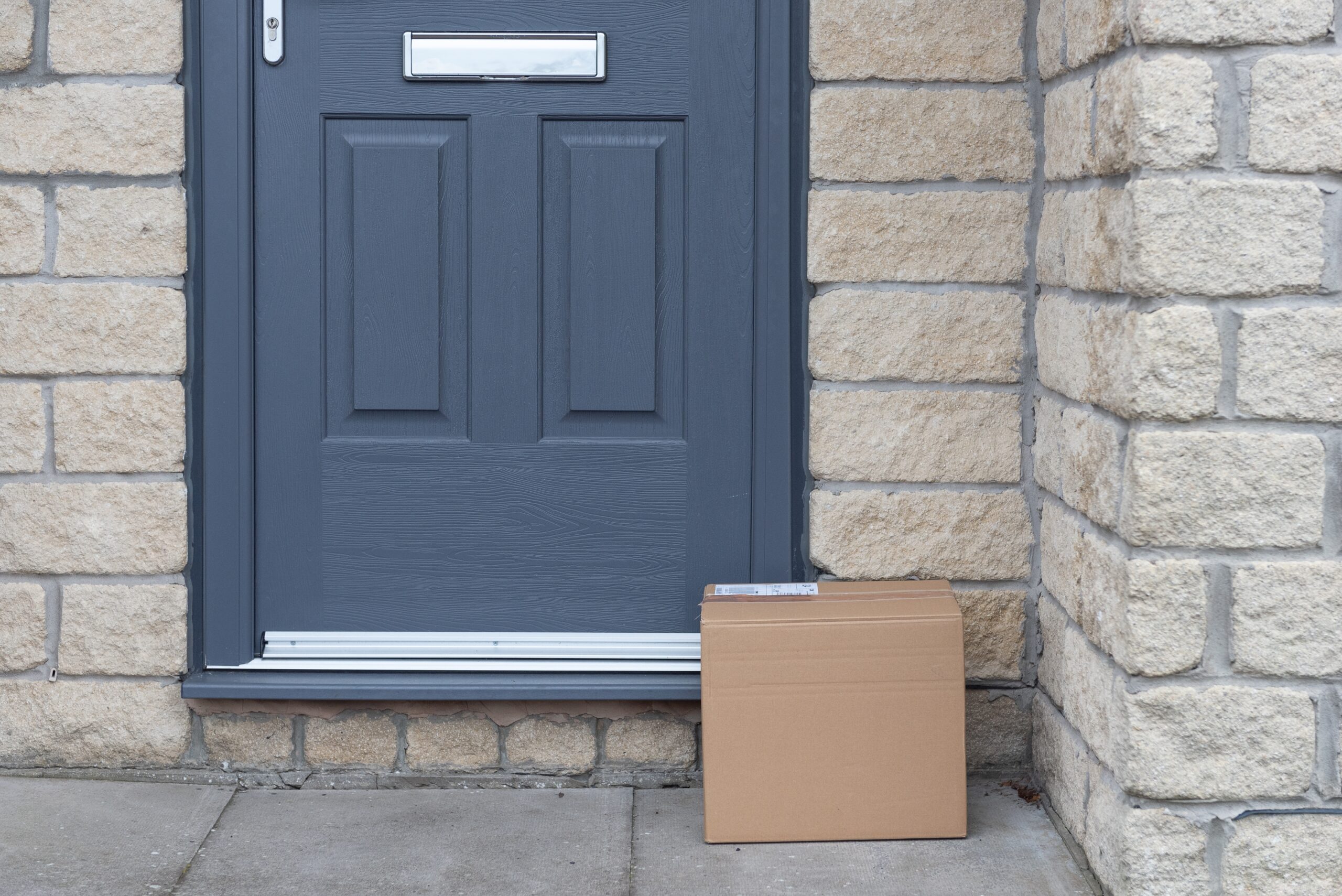The UK’s parcel theft problem is getting worse and ‘porch pirates’ will pose huge problems across Black Friday and Christmas, according to data from technology company Quadient.
A series of Freedom of Information (FoI) requests to UK police forces show parcel theft has risen 57% in the last year. The average reported value of a stolen parcel is £66.50.
Given 11% of UK households reported a parcel theft in the last year, the data uncovered a hidden economy of £206mn in stolen goods.
Consumers and companies are heading into the busiest period for porch piracy. Most reports made to the police about parcel theft are made in December (15% of the annual total) and November (12%). The data also shows parcel theft is most likely to occur between 9am and 5pm, and 22–34-year-olds filed the most reports to the Police. This may be because young professionals are most likely to be returning to the office for at least some of the working week – leaving parcels unattended and ripe for interception by thieves.
“The plague of porch piracy has intensified during the cost-of-living crisis, with nationwide parcel theft increasing more than 500% since 2019. Unattended items on doorsteps are just waiting to be stolen,” said Katia Bourgeais-Crémel, EVP parcel locker solutions Europe at Quadient.
“The number reported to the police could have increased in part due to better awareness of the importance of reporting. However, when you consider more than one in ten households had a parcel stolen last year, porch piracy is clearly a big problem for businesses and consumers across the UK. This is leaving retailers and couriers spending time and money replacing stolen deliveries and adding strain to customer services. In households that do their Christmas shopping online, retailers’ brand perception could take a serious knock if people are left without a present to unwrap on Christmas morning.”
The FOI also laid bare which regions are most impacted by parcel theft. Cambridgeshire Constabulary had the highest total value of reported thefts (£33,729), closely followed by Northumbria (£33,408).
While, Dyfed-Powys reported the highest value per theft (£251), a stark contrast to Avon & Somerset (£7.89).
Some regions reported particularly steep rises; thefts rose almost twenty times in Bedfordshire, five times in Hertfordshire, and almost tripled in Northumbria. The number of thefts reported to forces varied greatly; there were just 18 in North Wales, and 877 in Hertfordshire.
“Police shouldn’t be expected to stem the tide of parcel theft on their own, and consumers shouldn’t be forced to strike out alone and protect themselves. Consumers need more secure and convenient options for parcel delivery. Blanket 9-5 deliveries or being forced to pick up items during specific building opening hours doesn’t work for anyone,” added Bourgeais-Crémel.
“Retailers, delivery companies and local authorities need to step up and work together to create a network of pick-up and drop-off locations people can use 24/7.”
“Parcel lockers form an essential part of this network. Lockers not only cut the risk of parcels being stolen, but also give consumers an easy way to collect parcels and a safe way to manage their returns, for instance when passing a locker during their commute.
“Lockers also protect retailers and delivery companies from the costs of refunding customers for stolen items or sending replacements, and reduce the need for redeliveries, which in turn keeps unnecessary traffic away from local roads. Introducing lockers gives local governments a way to provide better amenities to citizens, reduce crime in the local area and cut the number of delivery vehicles on roads. Finally, police forces will see a reduction in parcel theft, allowing them to direct resources elsewhere.”









